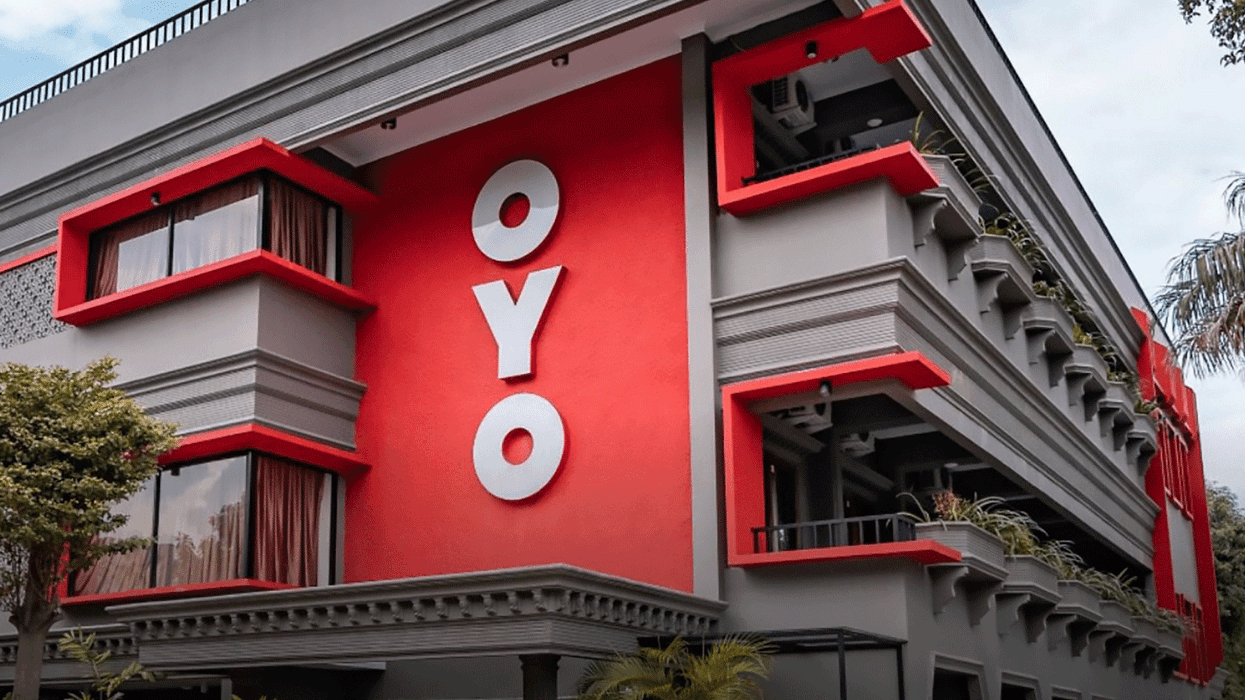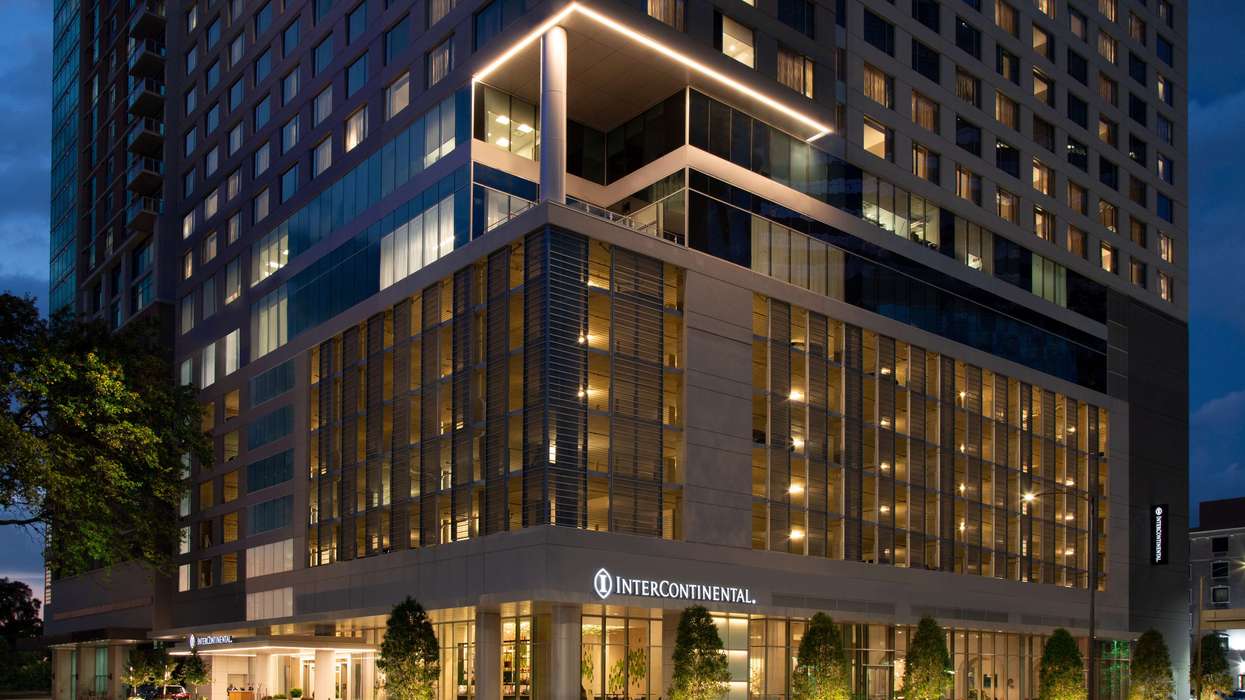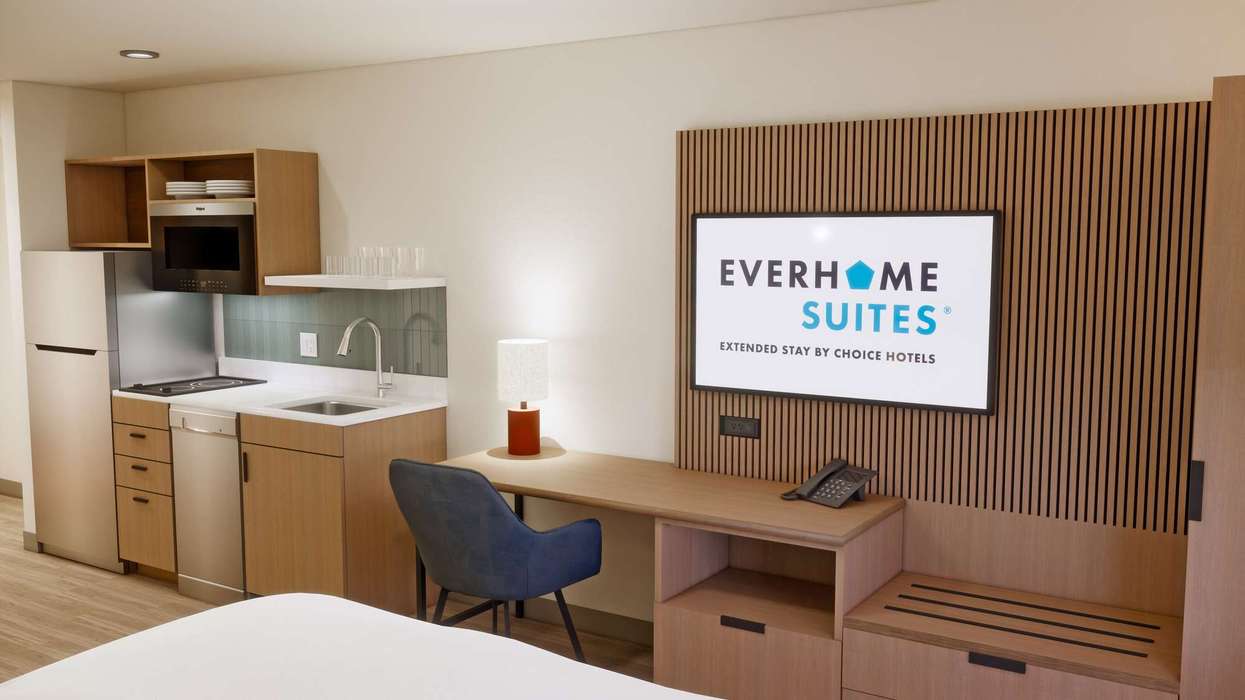MANY TRADITIONALLY FIXED expenses for U.S. hotels will become more flexible in the future as operators adjust to the post-COVID-19 “new normal” and learn to operate more efficiently, according to a new analysis from CBRE Hotels Advisory. The shift might force hotel operators to think differently about zero-based forecasts for annual budgets, as well as the outsourcing and centralization of certain functions within the hotel.
In April, a torrent of layoffs and furloughs within the leisure and hospitality industry led the U.S. economy to its worst month of job losses in modern history with more than 7.7 million industry jobs lost across the country, according to the article “COVID-19’s Potential Lasting Impact on Fixed vs Variable Hotel Expense Ratios,” by Mark VanStekelenburg, CBRE’s managing director and practice leader.
Post-COVID, the fixed expense for rooms will be 25 to 30 percent and variable expenses will be 70 to 75 percent, During the pre-COVID period, the variable expense for the segment was 60-65 percent. It was 75-80 percent during the pandemic period.
The administrative and general expense will remain more or less the same post-COVID. The variable expense in sales and marketing will remain the same, 50 to 55 percent, in the pre- and post-COVID period, but it was 85-90 percent during the pandemic period.
“Many limited-service hotels are cutting staff by more than 70 percent, maintaining less than five full-time employees on the payroll. Some of the key positions which remain actively working are the general manager and either housekeeping, security, and/or front desk supervisor. Similarly, full-service hotels are operating with limited personnel and amenities,” said the report.
Another source of possible extra expenses may be the new technology hotels will need in the post-pandemic era.
“There is the potential for the hotel room itself to be reimagined to have fewer touchpoints to promote a safer and more sanitary product. From remote controllers and light switches to doorknobs and glassware, hotels will likely find ways to mold the customer experience to limit touching of these and other items within the guestroom and public amenity areas,” the report said. “Hoteliers will be encouraged by a shift in culture to invest in innovative technologies to limit these touchpoints, such as using digital keys, digital payments via mobile phone, and replacing menus with QR codes, among others. Familiarization trips and site visits by meeting planners might partially be replaced by virtual tours to maintain social distancing and cut costs to the department.”
The report found that full-service hotels that remained open during the height of the pandemic altered their operations to mirror more closely those of limited- or select-service hotels.
CBRE points out that there will be an increase in outsourced labor across the industry as extended-stay, limited-service, and focused-service hotels adopt outsourcing practices for several operating departments.
“The pandemic has forced hotels to slash operating costs, including those traditionally thought to be fixed, such as full-time labor. Full-service, convention, and resort hotels already utilize outsourced labor for a portion of their staffing needs, such as banquets, housekeeping, and F&B,” the report said.
Sales and marketing departments will need to adapt by evolving in practices and shifting fixed-in-nature expenses to tie more into business volume and forecasting tools will become more important, it further said.
VanStekelenburg’s coauthors are Kannan Sankaran, senior director; Andy Hartley, director; and Vanessa Gonzalez, consultant. More information can be found in CBRE’s “The Weekly Take” podcast.
A rise in expenses cut profits for U.S. hotels in June, according to HotStats.





